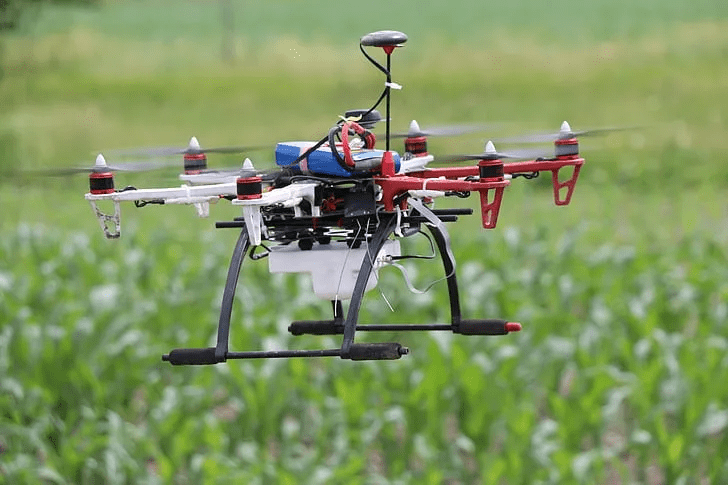Drones have found a significant role in sustainable agriculture, contributing to environmentally friendly farming practices. These Unmanned Aerial Vehicles (UAVs) offer several advantages that align with the principles of sustainability.
One of the primary ways in which drones promote sustainability is through precision agriculture. They can monitor crop conditions and identify specific areas that require intervention. This precision allows for targeted treatment, reducing the overall use of pesticides and fertilizers. By minimizing chemical usage, drones help lower the environmental impact of farming while maintaining or even improving crop yields.
Reducing soil compaction is another environmental benefit of drones. Traditional farming equipment, such as tractors, can lead to soil compaction, which hinders water infiltration and root development. Drones do not exert direct pressure on the soil, thus contributing to healthier and more fertile land.
Drones are also effective tools for early pest and disease detection. By identifying areas of the field that require intervention, farmers can take targeted action, minimizing the use of pesticides and preventing widespread outbreaks. This approach is not only more environmentally friendly but also economically sound.
Moreover, the data collected by drones can be used for ongoing land and resource management. By continually monitoring crop conditions, soil health, and environmental variables, farmers can adjust their practices to optimize resource usage and minimize waste.
As technology continues to evolve, drones are expected to play an even larger role in sustainable agriculture. With advancements in energy efficiency, battery life, and data analysis capabilities, drones will become even more eco-friendly, making them an essential asset for environmentally responsible farming.







Please sign in to comment
register